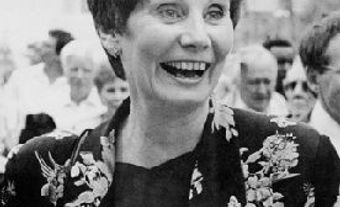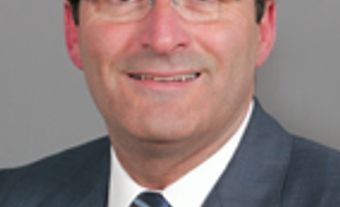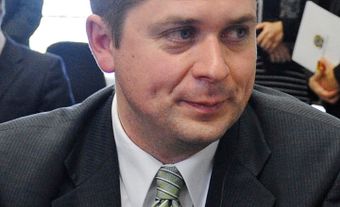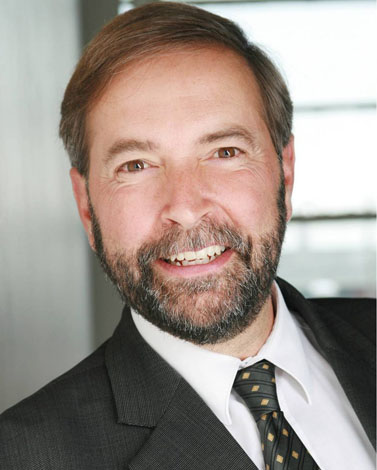
Education and Early Career
Mulcair was born at Ottawa Civic Hospital to a French-Canadian mother and Irish-Canadian father. The second-oldest of ten children, he was raised in Laval, north of Montréal. Mulcair studied law at McGill University, earning his bachelor in civil law (BCL) in 1976 and bachelor of common law (LLB) in 1977. He also served as president of the McGill Law Students Association and sat on the McGill Student Union council.
After being admitted to the Québec Bar in 1979, Mulcair worked for the Legislative Affairs branch of Québec’s Justice Ministry and the Legal Affairs Directorate of the Council of the French Language (Conseil de la langue française). In 1983 he became director of legal affairs at Alliance Québec, and in 1985 joined a private law practice. From 1987 to 1993, Mulcair was president of the Office of the Professions of Québec (Office des professions du Québec). He also taught law at the Université de Québec à Trois-Rivières and at Concordia University.Provincial Politics
Although Mulcair had long been a member of the federal New Democratic Party (NDP), he ran for election to the National Assembly of Québec as a Liberal candidate. In 1994 he won the riding of Chomedey in Laval, and was re-elected in 1998 and 2003. As a member of the opposition, he was critic for Justice and Industry. After the Liberal Party of Québec won power in 2003, Premier Jean Charest appointed Mulcair minister of Sustainable Development, Environment and Parks. Mulcair launched a Sustainable Development Plan in 2004; this included a proposal to add a new right to the Québec Charter of Human Rights and Freedoms — the “right to live in a healthful environment in which biodiversity is preserved” (Sustainable Development Act, 2006). After a widespread consultation process, the Act was adopted by the National Assembly.
In February 2006 Charest shuffled his Cabinet, offering Mulcair the post of minister of Government Services, an apparent demotion. Mulcair resigned in protest, and alleged that this change was due to his disagreement with Charest over a number of issues, including the planned transfer of lands in the Mont Orford provincial park to private condominium developers.
Federal Politics
In 2007, Mulcair moved into national politics, winning a federal by-election in the riding of Outremont in September and becoming an NDP member of Parliament (MP). He was re-elected in 2008 in the federal general election, and again in 2011. Mulcair was only the second NDP MP ever elected from Québec (after Phil Edmonston in 1990), and also the first NDP member to win a Québec riding in a general election, rather than a by-election. Mulcair was soon appointed deputy leader of the federal party, a position he shared with Libby Davies, and became leader Jack Layton’s lieutenant in Québec.
Mulcair played a vital role in raising the NDP’s profile in Québec, and helping it win a majority of the seats there in the 2011 election under Layton — an historic breakthrough for the party. When the NDP became the official opposition following the election, Mulcair was appointed opposition house leader.
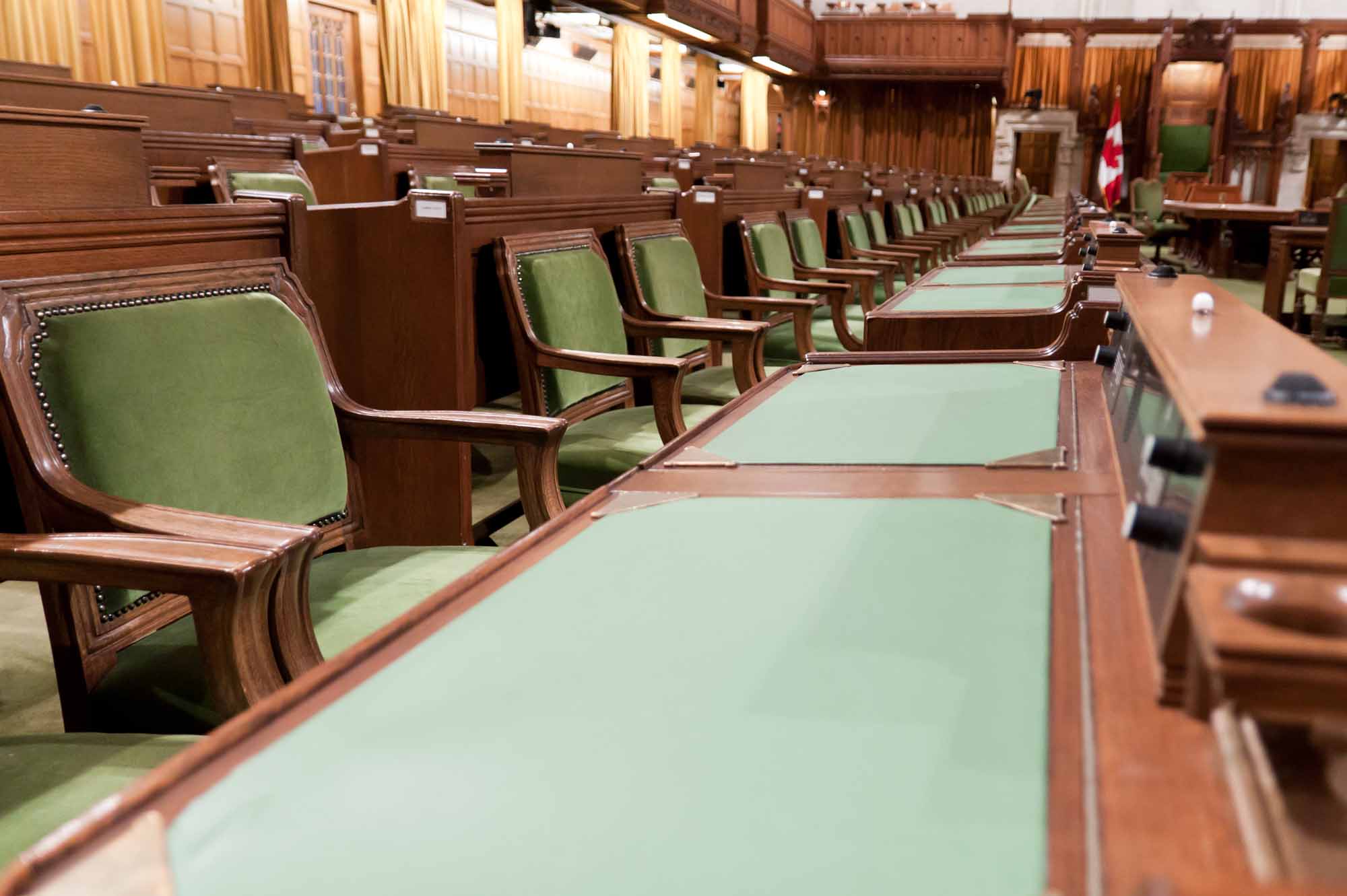
NDP Leadership
In August 2011, about two months after Layton died following a battle with cancer, Mulcair announced his candidacy for the NDP leadership. He was elected leader in March 2012.
Mulcair provided steady leadership, proving an effective performer, debater and questioner in the House of Commons as leader of the official opposition. However, the NDP’s policies under his leadership caused some controversy. While most party faithful agreed with Mulcair that the problem-plagued Canadian Firearms Registry should be maintained, some supporters were surprised by his new and relatively welcoming stance on free trade, which differed from many of his predecessors.
Even more contentious was the NDP’s suggestion in 2013 that a “unity bill” replace the Clarity Act, which was introduced by the Liberals after the Québec Referendum of 1995 and passed in 2000. The act stipulated that a clear majority of Québecers would have to vote Yes on a clearly worded referendum question, before the federal government would agree to negotiate terms of the province’s separation. In 2012, the Bloc Québécois had introduced a bill to repeal the Clarity Act, prompting the NDP's proposed alternative: that 50 per cent plus one of any referendum vote would constitute a clear majority, and that this would be enough to trigger discussions on separation. Early polls suggested, however, that most Canadians believed the percentage should be higher, and many provincial NDP leaders declined to comment on the issue.
Mulcair was also criticized for failing to support the proposed Keystone XL pipeline and Enbridge Northern Gateway pipeline. He said his party’s priority was Canadian energy security and the protection of Canadian jobs, and he promoted instead the creation of a west-east pipeline which would carry western Canadian oil to the Canadian east coast to be refined.
2015 Election and Ouster
In the 2015 federal election, hopes were high among party supporters that Mulcair would challenge the Conservative hold on power and perhaps form the country's first national NDP government. Expectations had been especially boosted by the unprecedented victory earlier in the year of an NDP government in Alberta, a traditionally Conservative bastion. Did this signal hope for the NDP nationally?
Mulcair and his party ran what they considered a safe campaign, turning away from the NDP's traditionally activist role and instead trying to woo moderate, centrist-minded voters by promising — like the Conservatives — a strict adherence to balanced budgets. The effort failed. Canadian voters were ready for change after nine years of Conservative rule, but most threw their support instead behind the Liberals led by Justin Trudeau. The NDP came a distant third in the election. Much of the support the party had received in Quebec in 2011 did not materialize again, and many of its most prominent MPs were defeated. Its dreams of winning power in Ottawa were once again unfulfilled.
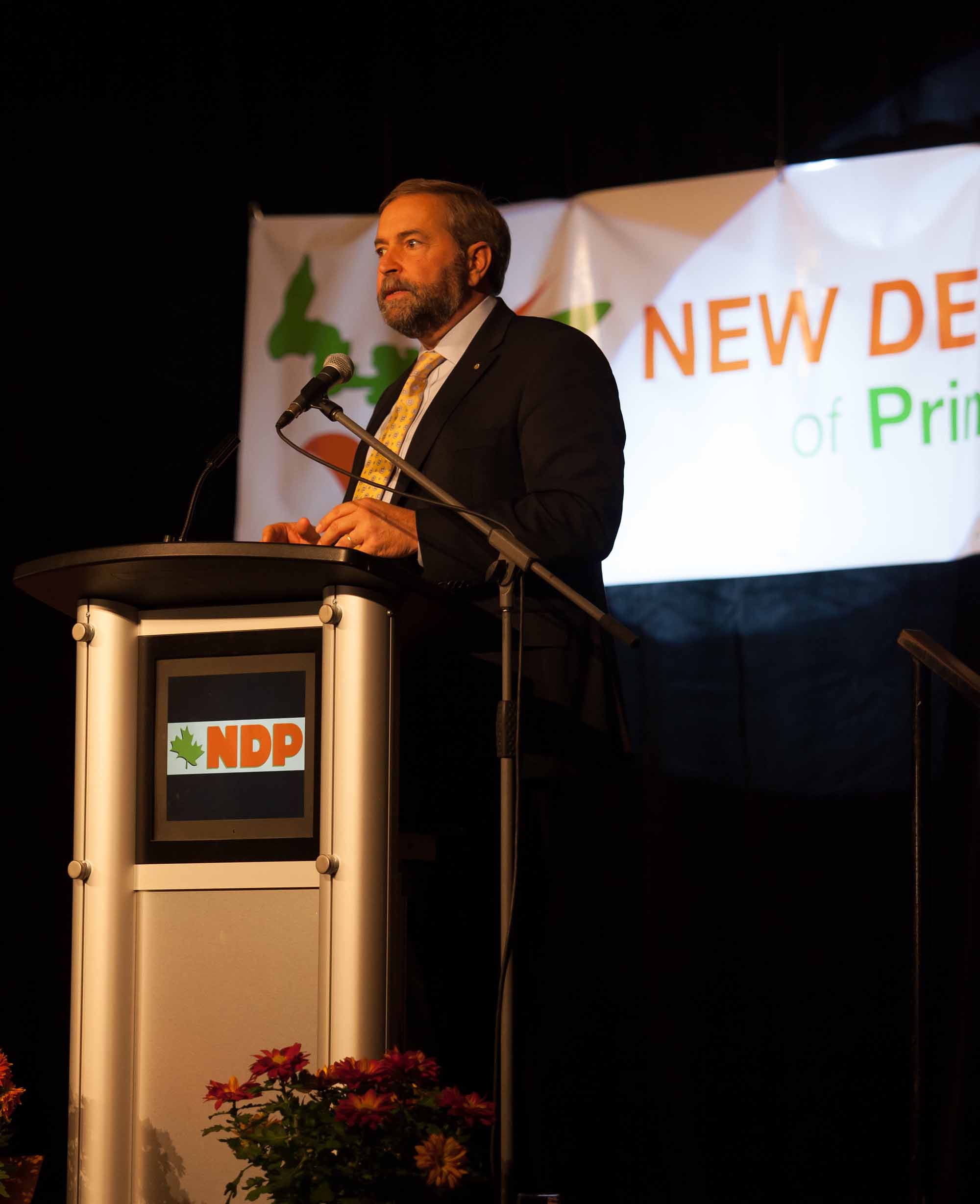
The NDP’s disappointment with Mulcair became evident at the party's convention in Edmonton in 2016, when 52 per cent of delegates voted against his leadership. Despite the sudden ouster, Mulcair decided to remain in his post until a new leader could be chosen. In 2017, Jagmeet Singh, an Ontario provincial politician and a relative outsider to the federal wing of the party, was elected as its new leader.
Post-Political Career
Thomas Mulcair resigned as member of Parliament for Outremont, Quebec, in August 2018. That summer, he became a visiting professor at Université de Montréal. Mulcair teaches mainly in the multidisciplinary Environment and Sustainable Development and Public and International Affairs programs. He is also a political commentator for several radio and television networks, including CJAD, CTV News Channel and the French-language TVA network.
In January 2018, Mulcair became chairman of the board of directors for Jour de la Terre, a Quebec-France environmental organization.

 Share on Facebook
Share on Facebook Share on X
Share on X Share by Email
Share by Email Share on Google Classroom
Share on Google Classroom

